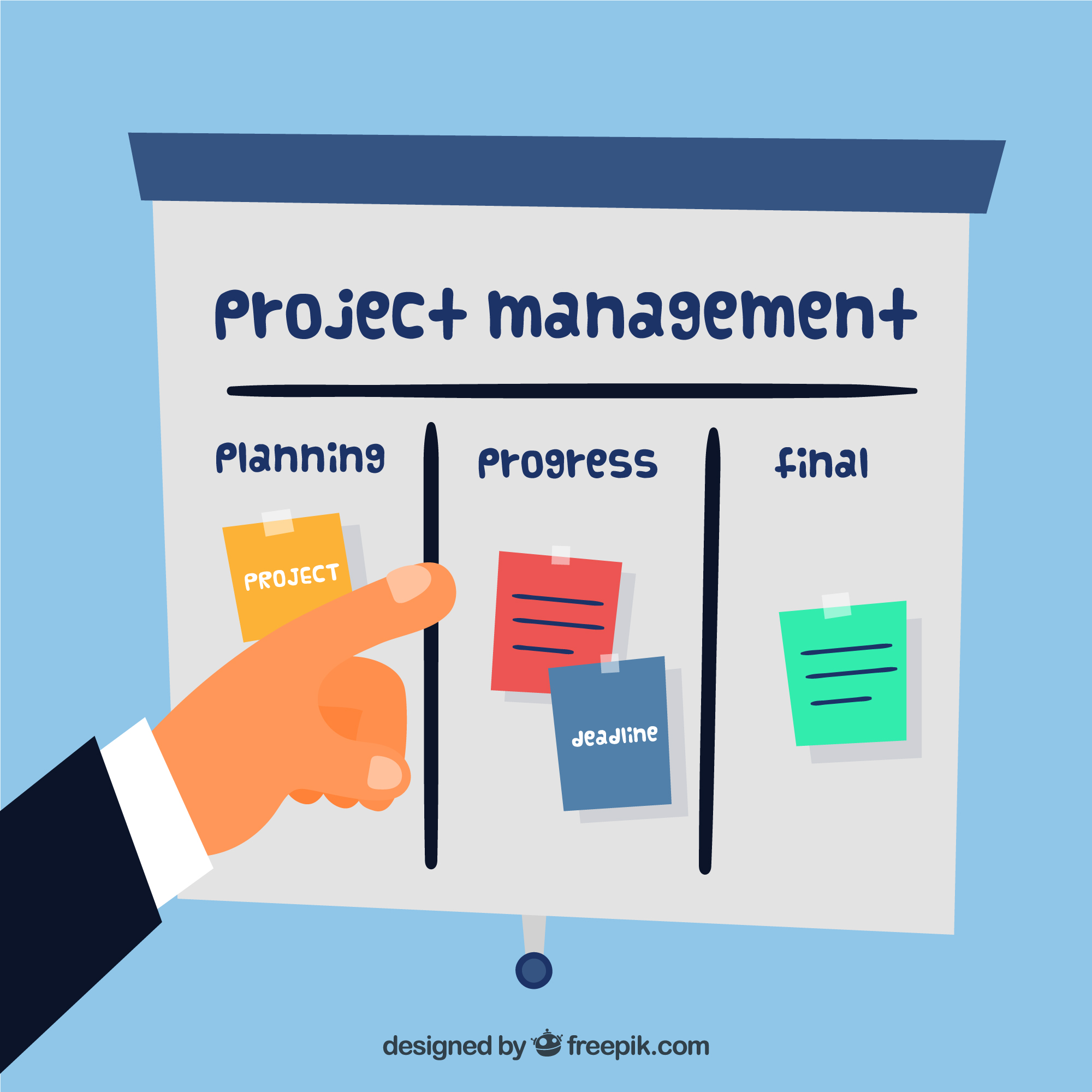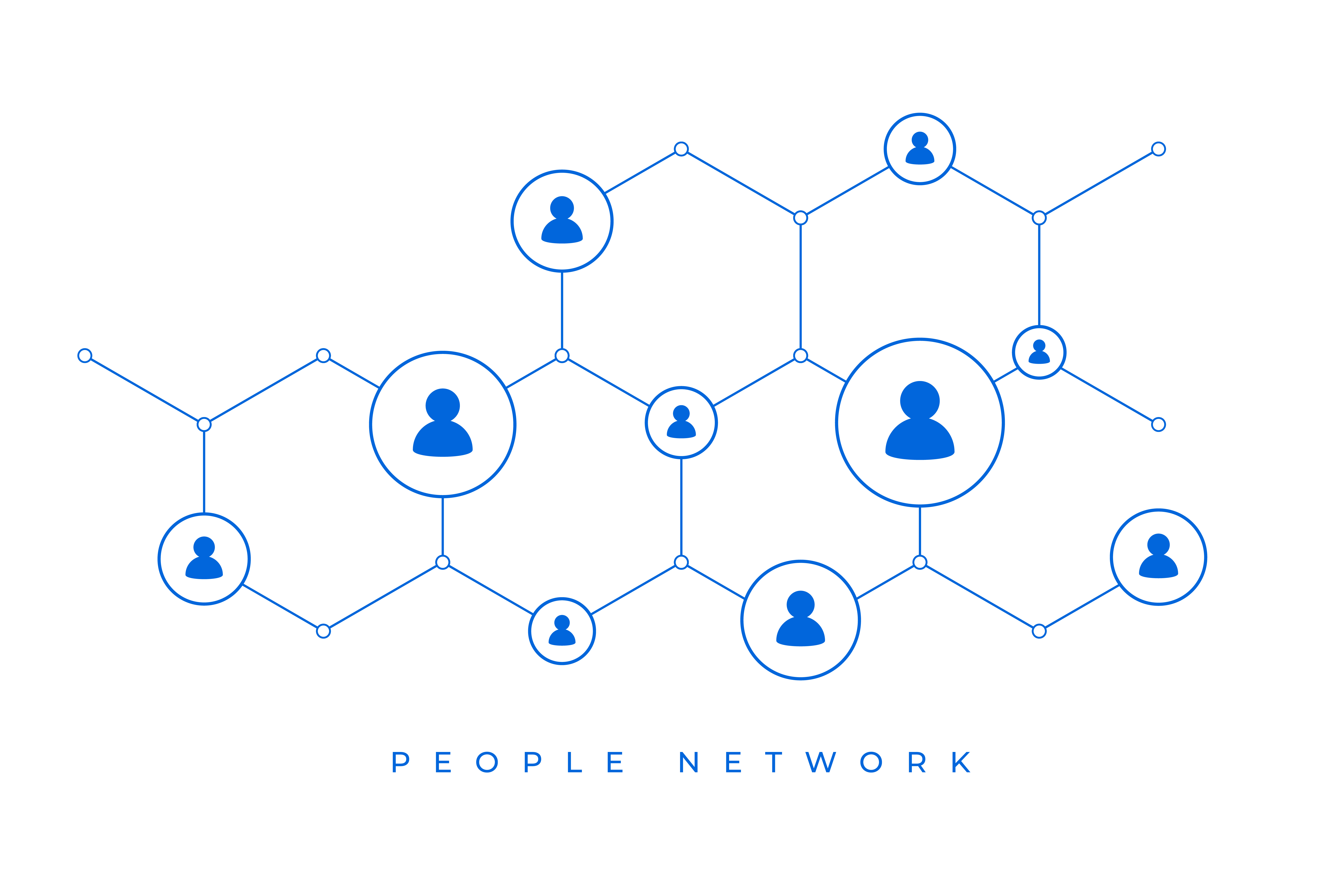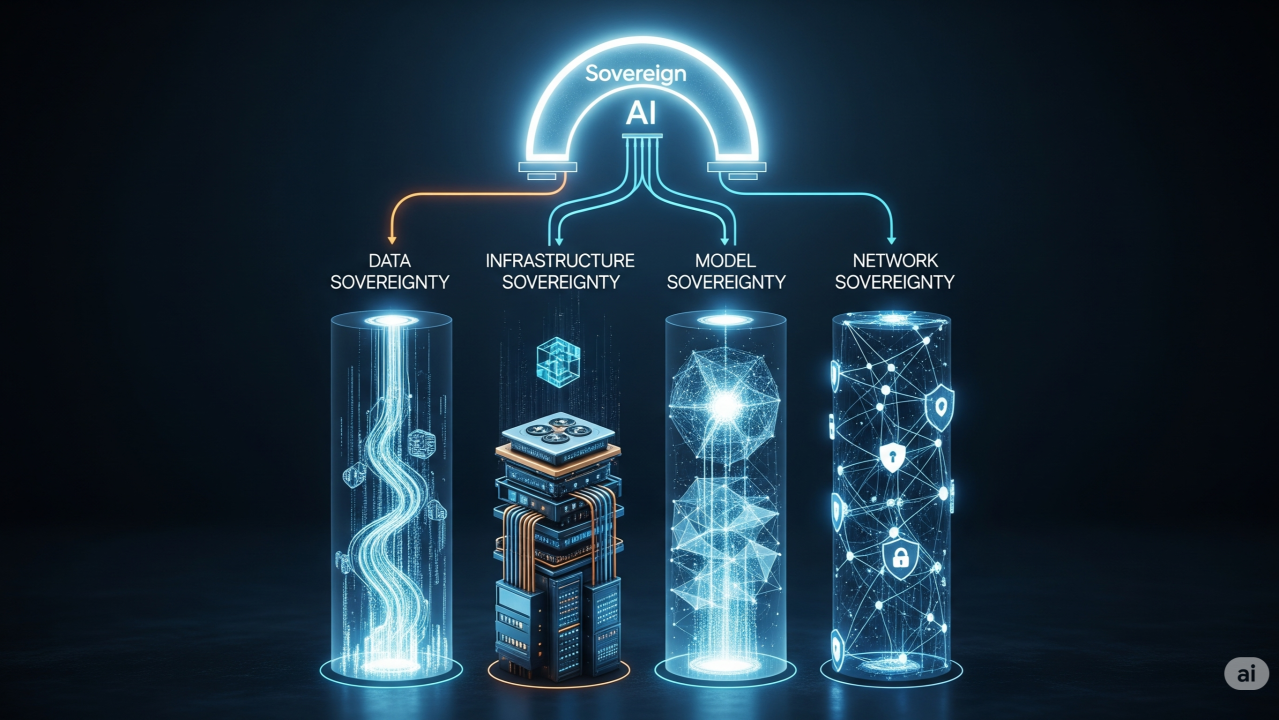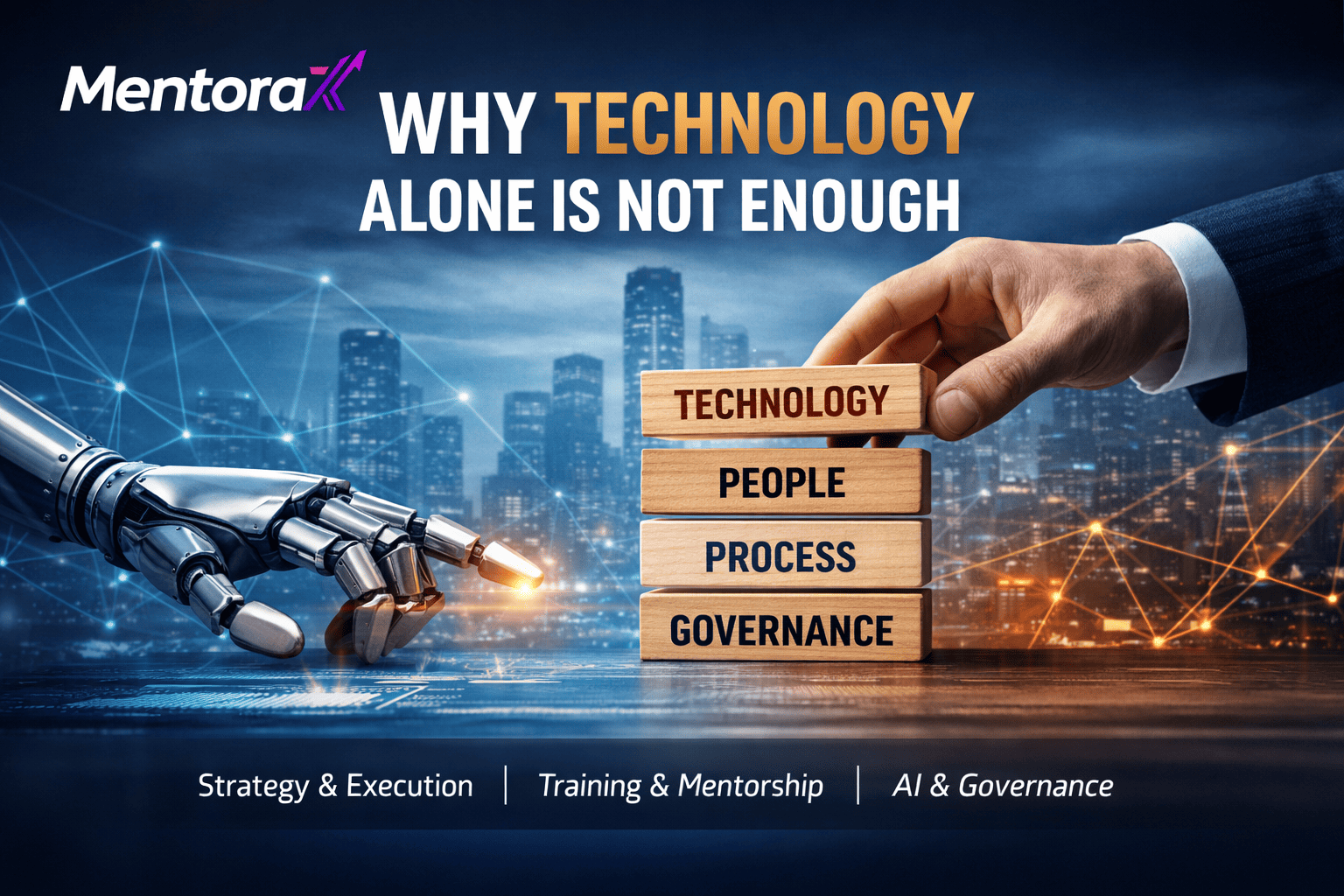Cross-Cultural Competence in a Globalized Workforce
- Author :
- Date : 09 Aug 2025
- Time : 7 Min to read

The Importance of Cross-Cultural Competence in a Globalized Workforce
As the workplace becomes increasingly interconnected, cross-cultural competence has emerged as a critical skill. Whether you work with international colleagues, clients, or remote teams, developing cultural awareness is essential for effective collaboration, communication, leadership, and overall career growth. In this detailed guide, we'll explore what cross-cultural competence means, why it matters, practical strategies to improve it, and how structured training can help you thrive in diverse environments.
What Is Cross-Cultural Competence?
Cross-cultural competence refers to your ability to understand, respect, and effectively interact with people from different cultural backgrounds. This includes:
- Cultural awareness of values, norms, beliefs, and communication styles
- Empathy and sensitivity to diverse perspectives
- Adaptability to navigate unfamiliar social dynamics
- Cultural intelligence (CQ): an ability to learn and adjust in new cultural contexts
Why Cross-Cultural Competence Matters
- Enhanced Collaboration: Understanding cultural norms builds stronger relationships and reduces misunderstandings
- Effective Communication: Cultural awareness supports clearer, respectful messaging
- Inclusive Leadership: Culturally competent leaders foster diverse teams where every voice is valued
- Global Market Success: For businesses serving international clients, cultural competence drives user-centered outcomes
- Career Mobility: As organizations expand globally, individuals with cross-cultural skills are in high demand
- Conflict Prevention: A nuanced understanding of culture helps de-escalate tensions and encourage mutual respect
Core Components of Cross-Cultural Competence
- Knowledge: Learn about different traditions, norms, and communication conventions
- Mindfulness: Maintain awareness and openness during intercultural interactions
- Action Skills: Use active listening, appropriate body language, and respectful inquiry
- Reflection: After interactions, analyze what went well, what surprised you, and what you might improve next time
Practical Strategies to Enhance Cultural Awareness
- Do Your Research: Before meetings, learn basic cultural etiquette, time preferences, and decision-making behaviors
- Ask Open, Respectful Questions: Show interest in a colleague's culture by asking about their communication style, greetings, or teamwork norms
- Be Mindful of Non-Verbal Cues: Eye contact, personal space, gestures, and tone can carry different meanings across cultures
- Adapt Your Communication Style: Some cultures prefer direct messages while others use more indirect or relationship-focused phrasing
- Reflect on Cultural Surprises: Maintain a learning mindset—what initially surprises you is an opportunity to grow
Cross-Cultural Competence in the Workplace
| Scenario | Cross-Cultural Approach |
|---|---|
| Virtual Meetings | Begin with inclusive greetings and let participants introduce themselves |
| Client Presentations | Tailor visuals and content to align with the audience's cultural expectations |
| Negotiations | Give space for silence and thoughtful reflection, respect cultural norms |
| Feedback Conversations | Adjust tone and timing to match cultural preferences for directness or diplomacy |
| Team-Building Activities | Include inclusive approaches such as polling or role rotations to involve diverse voices |
Structured Learning: Improve Cultural Competence with MentorX
To truly sharpen your cross-cultural communication and leadership skills, join MentorX's Arabic Language Course (Beginner). Beyond language, this immersive classroom training covers greetings, daily conversations, and cultural insights essential for effective intercultural collaboration. In this comprehensive 40-hour program, you'll:
- Understand key intercultural awareness concepts
- Engage in role-play and scenario-based learning with native Arabic trainers
- Receive feedback to refine pronunciation, conversation, and comprehension skills
As a bonus, the cultural insights gained will help you feel more confident interacting with colleagues, clients, and partners from diverse backgrounds.
Measuring Your Cultural Competence Growth
- Feedback from international peers on your communication and collaboration style
- Reflection logs after cross-cultural meetings noting successes and learning moments
- Peer coaching sessions to explore challenges and approaches with colleagues
- Mentorship discussions with experienced global professionals offering guidance
Best Practices for Cultural Awareness at Work
- Create Personal Learning Goals: Such as mastering small greetings in your colleague's language
- Engage Regularly with Diversity: Join multicultural teams or cross-border projects
- Embrace Cultural Celebrations: Learn about and participate in festivals or holidays across cultures
- Adapt Documentation for Inclusivity: Use clear, simple language and visuals that resonate globally
- Promote Cultural Learning Culture: Host 'culture cafés' or lunch-and-learn sessions to share experiences
Final Takeaways
In our globalized workplace, cross-cultural competence is no longer a bonus; it's essential. It improves communication, deepens collaboration, and empowers you to lead diverse teams with empathy, respect, and effectiveness. By intentionally developing cultural intelligence, you position yourself as the type of global professional organizations and clients want.
About the Author
Almothana Hasan, PMP®
Project management and leadership professional with experience in global environments.
Related Posts




09 Aug 2025 • 11 Min Read
The Importance of Mentoring: How to Find a Great Mentor and How to Be One
None



09 Aug 2025 • 12 Min Read
The Art of Salary Negotiation: What Every Young Professional Should Know
None







09 Aug 2025 • 8 Min Read
Building a Personal Brand in the Digital Age: A Guide for New Professionals
None






12 Jan 2026 • 7 Min Read
MentoraX Approach: Why Technology Alone Is Not Enough
Why sustainable transformation requires more than tools—and how MentoraX connects technology, people, and execution.
